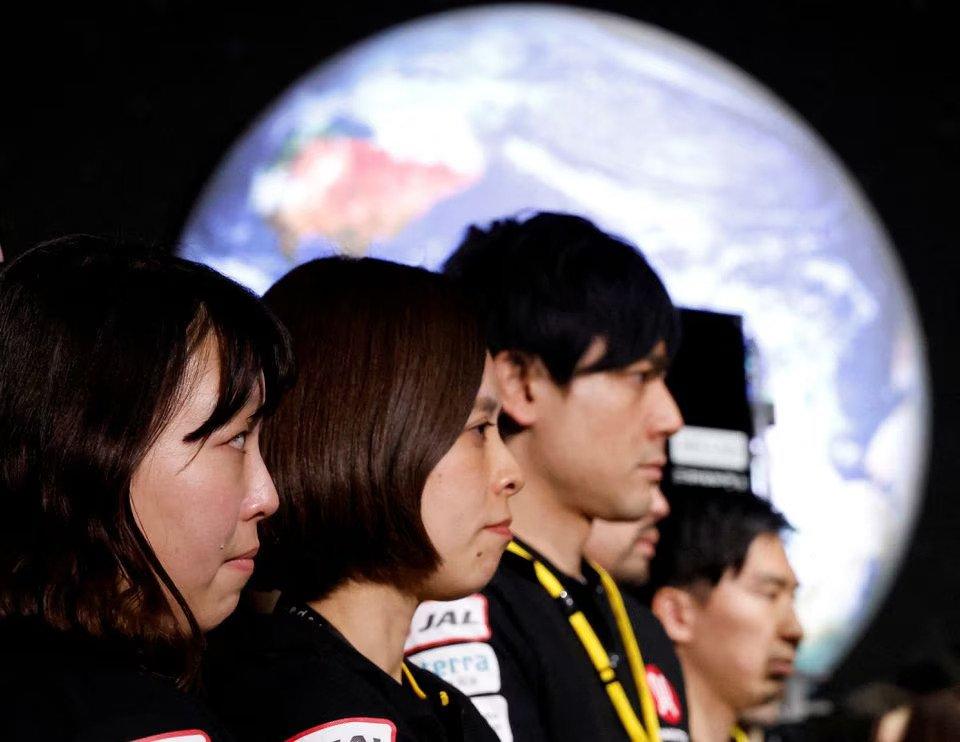Japanese startup ispace’s attempt to make the first private moon landing has failed after its Hakuto-R Mission 1 (M1) lander lost contact with the control center. The lander unexpectedly accelerated and probably crashed on the lunar surface, leading to a frenzy of sell orders and a 20% drop in ispace’s stock price.
While disappointment has set in, Japan’s top government spokesperson urged the company to continue its efforts as they are significant to the development of a domestic space industry.

Japan has set a goal of sending Japanese astronauts to the moon by the late 2020s. However, the country has had several recent setbacks in space exploration, including the failure of its new medium-lift H3 rocket in March and the Epsilon rocket launch failure in October 2020.
Ispace, which was listed on the Tokyo Stock Exchange two weeks ago, is working on delivering payloads like rovers to the moon and selling related data. Its prospects had driven up its shares seven-fold since then. The company stated that its altitude measurement system might have miscalculated the distance to the surface as the lander approached the moon, leading to the failure.

Private firms have yet to succeed with a lunar landing, with attempts by India and an Israeli company ending in failure. The United States, the former Soviet Union, and China are the only countries to have soft-landed spacecraft on the moon.
The failed mission is the second setback for commercial space development in a week after SpaceX’s Starship rocket exploded spectacularly minutes after launching. While the loss is significant for ispace, the government’s support indicates the importance of continuing lunar exploration and building a domestic space industry.


